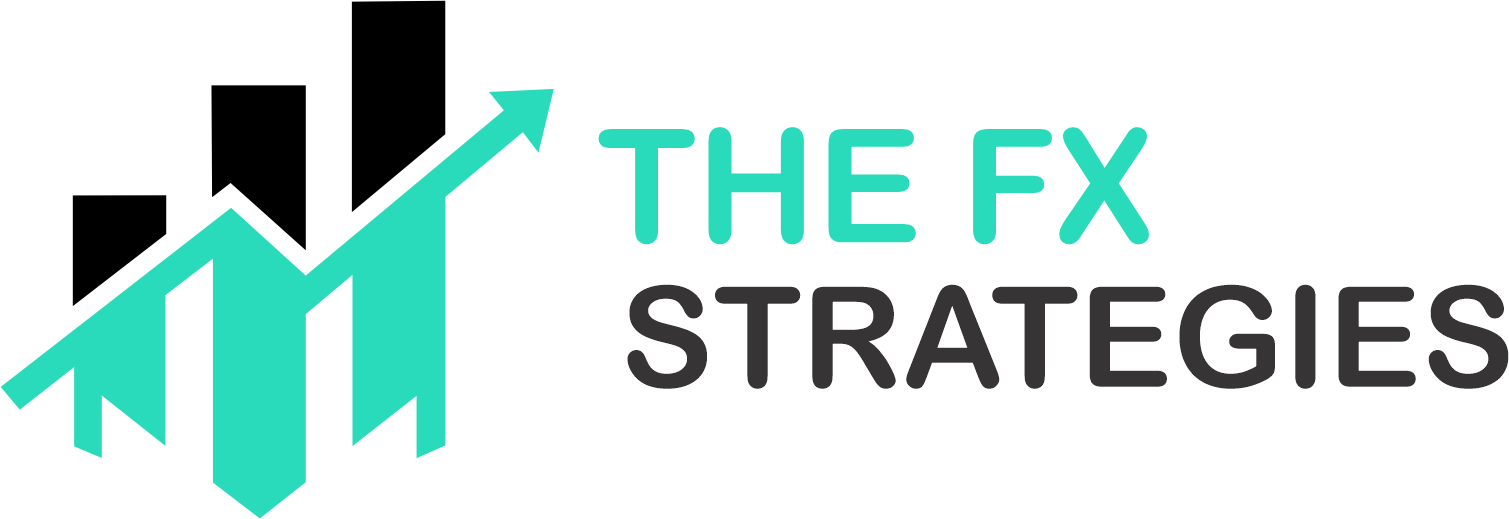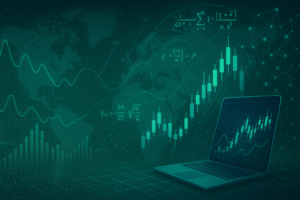Automated Forex trading has become a popular tool for both professional and retail traders. It allows individuals to automate their trading strategies and execute trades in the foreign exchange market 24/7, without manual intervention. However, one question often arises: Is automated Forex trading legal? The short answer is yes, but there are several important aspects to consider to ensure you’re trading within the boundaries of the law.
In this article, we’ll explore the legal considerations of automated Forex trading, including regulations, broker requirements, and the responsibilities of traders.
What is Automated Forex Trading?
Automated Forex trading involves the use of computer programs or trading robots (known as Expert Advisors or EAs) to execute trades based on predefined strategies. These programs analyze the market, identify trading opportunities, and place trades without requiring direct involvement from the trader.
Some key characteristics of automated Forex trading include:
-
Algorithmic Trading: Trading decisions are based on algorithms that follow technical indicators and predefined rules.
-
24/7 Trading: Automated systems can trade the Forex market around the clock, taking advantage of market opportunities without being restricted by time zones.
-
Reduced Emotional Influence: Since the system operates based on logic and data, it eliminates emotional factors like fear and greed that can affect human decision-making.
The Legality of Automated Forex Trading
Yes, automated Forex trading is legal in most countries around the world. However, the legality of automated trading often depends on the jurisdiction and the regulations governing Forex trading within that region. The key points to keep in mind are:
1. Regulated Brokers
To ensure that your automated Forex trading remains legal, it is essential to use a regulated Forex broker. In many countries, Forex brokers are required to be regulated by government bodies that ensure the safety and fairness of financial markets.
-
United States: In the U.S., Forex brokers must be regulated by the National Futures Association (NFA) and the Commodity Futures Trading Commission (CFTC). Any automated trading system used on these platforms must comply with the CFTC’s regulations on market conduct and trading practices.
-
European Union: In the EU, Forex brokers must be authorized and regulated by the European Securities and Markets Authority (ESMA). These regulations ensure that brokers operate transparently and fairly, and traders using automated systems are protected under financial regulations.
-
Australia: Forex brokers in Australia must be licensed by the Australian Securities and Investments Commission (ASIC), which regulates Forex trading and ensures that automated trading systems follow legal standards.
-
Other Jurisdictions: Forex trading is legal in most other regions, including the UK, Canada, and many parts of Asia. However, local financial authorities often have specific regulations in place that traders must comply with.
2. Broker Terms and Conditions
While automated trading is generally legal, the use of trading robots might be subject to restrictions depending on your broker’s terms and conditions. Some brokers may have specific rules about using automated systems, particularly if they are perceived to be exploiting the system or engaging in unethical behavior (such as “scalping” or “high-frequency trading”).
It’s crucial to read and understand your broker’s terms and conditions before using automated trading systems. Ensure that:
-
The broker allows the use of automated trading.
-
There are no clauses that prohibit algorithmic or bot-based trading.
-
You’re aware of the fees and limitations associated with using automated systems.
3. Compliance with Financial Regulations
Automated Forex trading is subject to the same legal regulations as manual trading. This includes compliance with regulations on:
-
Anti-Money Laundering (AML): Brokers and traders must comply with AML regulations, which require reporting suspicious trading activities to authorities.
-
Know Your Customer (KYC): Brokers are required to verify the identity of their clients through KYC processes. These regulations help prevent illegal activities like fraud and market manipulation.
-
Market Manipulation: Automated trading bots that manipulate the market, such as “spoofing” (falsely creating orders to influence prices), are illegal in most jurisdictions. Traders must avoid practices that can be considered market manipulation.
4. Market Manipulation and Ethical Considerations
While automated trading is legal, it’s important to ensure that your trading strategies are ethical and legal. Market manipulation, which includes practices like “churning” (making excessive trades to generate fees) and “quote stuffing” (flooding the market with fake orders), is strictly illegal.
Regulatory bodies closely monitor trading activities to detect and prevent such practices. If you’re using an automated trading system, make sure it follows ethical guidelines and does not engage in any illegal activity.
5. Taxation and Reporting Requirements
Although automated Forex trading is legal, traders must also be mindful of their tax obligations. Many countries require traders to report profits and losses from Forex trading on their tax returns.
-
United States: Forex traders in the U.S. are subject to taxes on profits made from Forex trading. Automated trading doesn’t exempt traders from this. Forex traders must report their earnings to the IRS, and tax laws regarding Forex trading can vary depending on whether the gains are considered short-term or long-term capital gains.
-
Other Countries: Most countries also tax profits made through Forex trading. Traders should check with their local tax authorities to understand how Forex trading, including automated trading, is taxed in their jurisdiction.
It’s important to keep records of all trades made through automated systems, including profits, losses, and associated fees, to ensure proper reporting.
Key Takeaways: What Traders Should Know
-
Automated Forex trading is legal in most countries, but traders must ensure that they are using a regulated broker.
-
Regulatory Compliance: Traders must comply with anti-money laundering (AML) regulations, KYC procedures, and ensure that their trading bots do not engage in illegal activities such as market manipulation.
-
Broker Terms: Always read your broker’s terms and conditions to confirm that automated trading is allowed and to understand any associated fees or restrictions.
-
Ethical Trading: Avoid unethical or illegal trading practices like market manipulation. Always follow legal and ethical standards when using automated systems.
-
Tax Obligations: Be aware of your tax obligations as a Forex trader. Profits from Forex trading, including those made with automated bots, may be subject to taxation.
Conclusion
Automated Forex trading is legal in most jurisdictions, as long as traders use regulated brokers and comply with financial regulations. By understanding the rules and obligations surrounding automated trading, traders can enjoy the benefits of these systems while staying within the law. Always ensure that your automated trading strategies are ethical, and be mindful of your tax responsibilities to avoid legal issues down the road.


